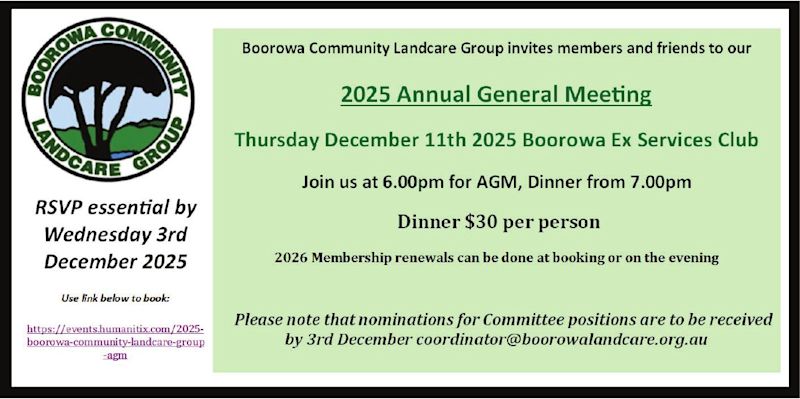Driving is a complex task. Anything that takes your mind or eyes off the road, or your hands off the wheel impacts the safety of all drivers on the road.
Being distracted increases your chance of being involved in a crash, slowing down your reaction time and puts you in danger of not seeing hazards such as traffic lights, stop signs, failing to see pedestrians and other road users.
Below we clarify a few of the rules of mobile phones in vehicles that could help prevent you from receiving a fine or even a suspension on your licence.
The Road Rules 2014 section 300 stipulates that: The driver of a vehicle must not use a mobile phone while the vehicle is moving, or is stationary but not parked, unless -
(a) The phone is being used to make or receive an audio phone call or to perform an audio playing function and the body of the phone -
i. is secured in a mounting affixed to the vehicle while being so used, or
ii. is not secured in a mounting affixed to the vehicle and is not being held by the driver, and the use of the phone does not require the driver, at any time while using it to press anything on the body of the phone or to otherwise manipulate any part of the body of the phone or
(b) the phone is functioning as a visual display unit that is being used as a driver’s aid and the phone is secured in a mounting affixed to the vehicle, or
(c) the vehicle is an emergency vehicle or a police vehicle, or the driver is exempt from this rule under another law of this jurisdiction.
In relation to the mobile phone The Road Rules 2014 defines “use” to include any of the following actions by the driver:
(a) holding the body of the phone in his/her hand (whether or not engaged in a phone call), except while in the process of giving the body of the phone to a passenger in the vehicle,
(b) entering or placing, other than by the use of voice, anything into the phone, or sending or looking at anything that is in the phone,
(c) turning the phone on or off,
(d) operating any other function of the phone.
The definition of “held” with respect to this legislation is defined as follows: “held” includes held by, or resting on any part of the body, but does not include held in a pocket of the driver’s clothing or in a pouch worn by the driver.
So how does this translate to everyday life?
A Learner, P1 and P2 licence holders are not permitted to use a mobile phone in any way while driving a vehicle or riding a motorcycle. This means that you cannot accept or make a call even by means of Bluetooth, Apple CarPlay, Android Auto or other hands-free functions. Mobile devices are not accepted as a means of using GPS or other navigational apps for learner or provisional drivers.
For fully licenced/unrestricted drivers, you may make or receive audio calls and use music or audio functions only if the phone is secured in a cradle fixed to the vehicle or it can be operated without touching the device eg Bluetooth controls.
If you are a Learner, P1, P2 or fully licenced driver you may access a digital driver’s licence only if stationary and asked to do so by a police officer. you can only It is illegal to touch your phone before a police officer instructs you to do so. You may use wallet functions (for the payment or displaying coupons/vouchers or access a restricted area) only if the vehicle is stationary and off the road such as in a carpark, drive thru or driveway.
The fine for illegal mobile phone use is $423 or $562 if detected in a school zone. There is also a penalty of 5 demerit points for illegal mobile phone use, which increases to 10 demerit points during the double demerit point periods. This is applicable to both cameras detected and on the spot fines.
We have listed below a few tips, so drivers are not tempted to use their mobile phones illegally while driving.
Always use a mobile phone cradle/Bluetooth fitted to your vehicle. Get a passenger to answer your messages/calls.
Put your phone on silent or activate the “do not disturb” function while driving.
Divert your call to voicemail.
Pull over when and where it is safe and legal to do.
The contents of this article are general in nature. For advice specific to your circumstances, please contact your legal practitioner.
Stay Connected
Subscribe
Get in Contact
Hilltops News to your inbox
Sign up now for the latest news from the Hilltops Area direct to your inbox.


